Is it possible to retrieve the name of the woman who touched Jesus’ tzitzit?
Character Profile: Prostitutes in the Gospels
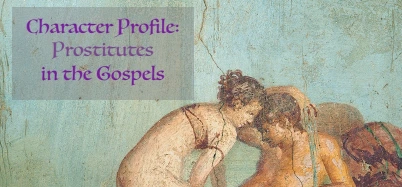
Was first-century Jerusalem really crawling with prostitutes, as Jesus’ saying about tax collectors and harlots entering the Kingdom of God seems to suggest?
Purity Halakha in the Story of the Hemorrhaging Woman

Does concern for ritual purity explain why the hemorrhaging woman touched Jesus’ tzitzit?
Indiscriminate Catastrophe
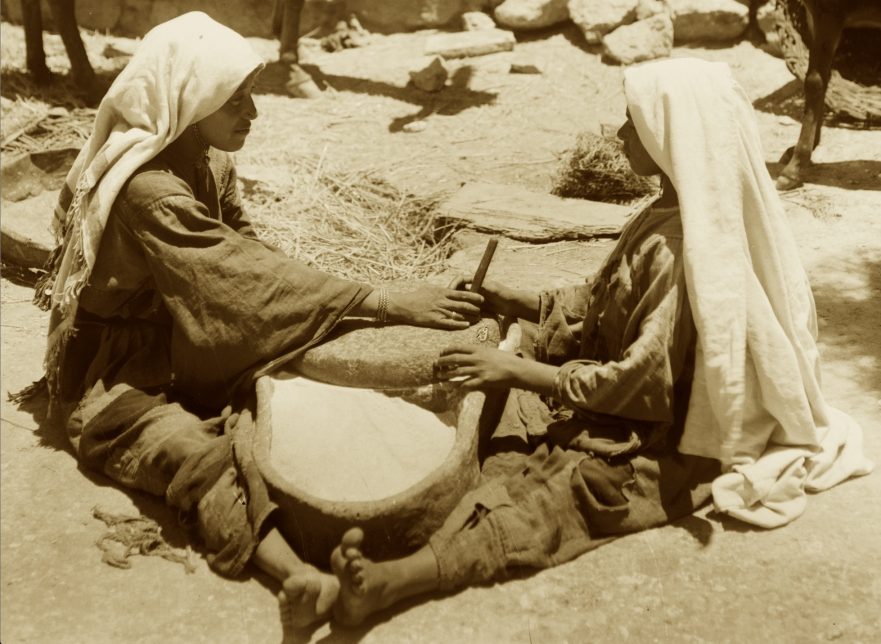
The consequences of persisting in violent struggle with the Roman Empire would be suffered by the innocent and the guilty alike.
Lesson of Lot’s Wife
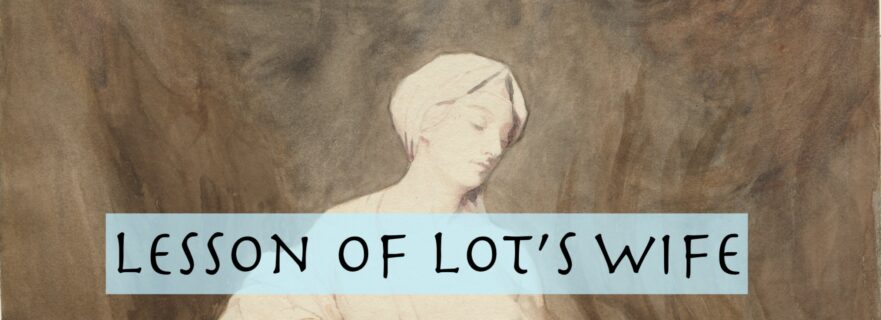
Lot’s wife serves as a warning that overattachment to possessions can come at the cost of one’s life.
Generations That Repented Long Ago
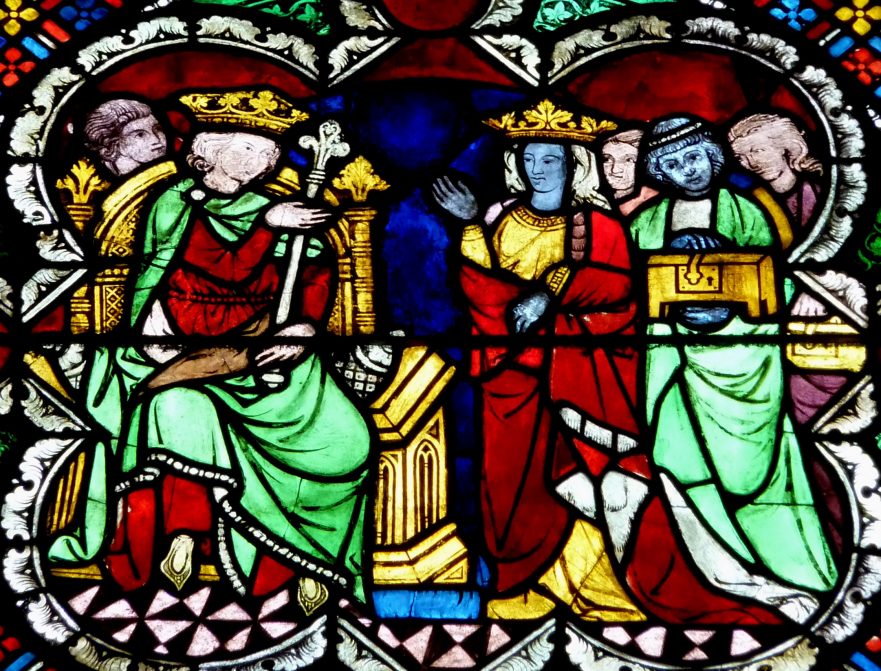
Did Jesus condemn his contemporaries for failing to recognize him as the Messiah or for something more insidious?
Character Profile: Mary Magdalene

In place of accurate facts about Mary Magdalene, strange ideas and fabulous speculations have arisen that have diminished the true image of one of the most important women in the New Testament.
Did Jesus Save the Life of an Adulteress?

A fresh look at the text and at the historical evidence yields a version of the story of the Woman Caught in Adultery that turns out to be surprisingly different from the way it is usually portrayed.
A Woman’s Misplaced Blessing
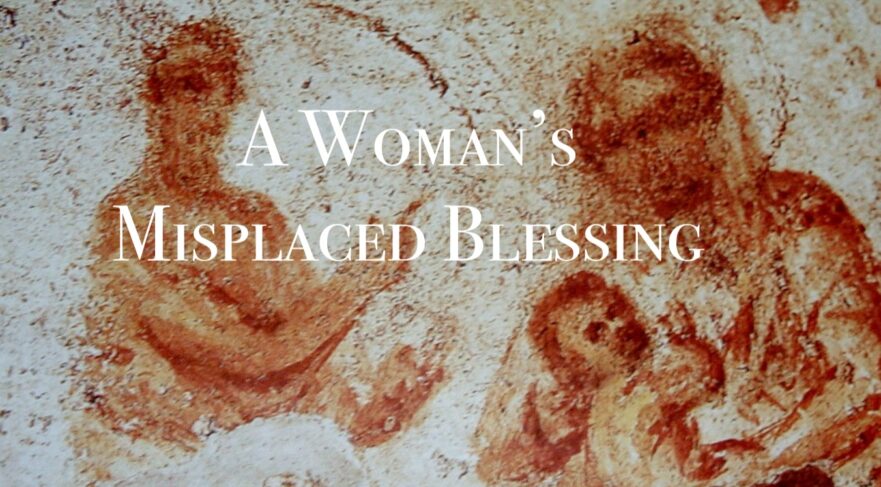
When a woman in the crowd praised Jesus’ person, he redirected her attention to the Kingdom of Heaven, which is realized through the doing of God’s word.
Hannah on an Ancient Hilltop: A Tale for the New Year
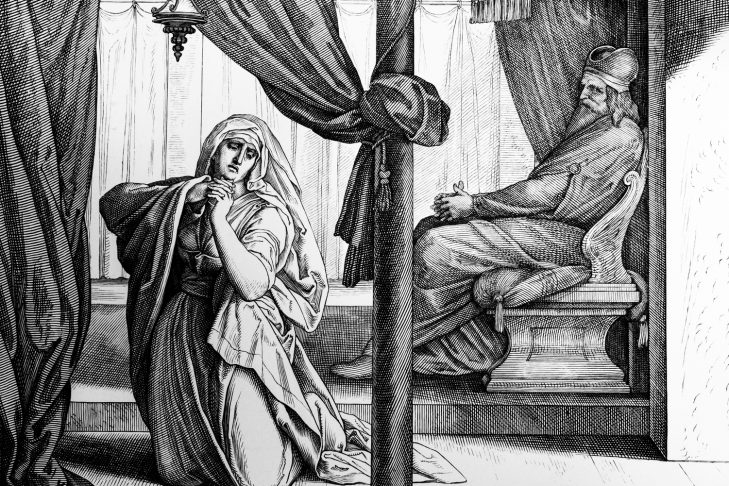
At the intersection of an unpaved forest road with the path to Horvat Hani lies an almost invisible rocky mound in the western Bethel foothills. Miriam Feinberg Vamosh suggests this site of a ancient convent is actually the intersection of three traditions remembering a remarkable woman of Scripture: Hannah.
Lost Sheep and Lost Coin Similes
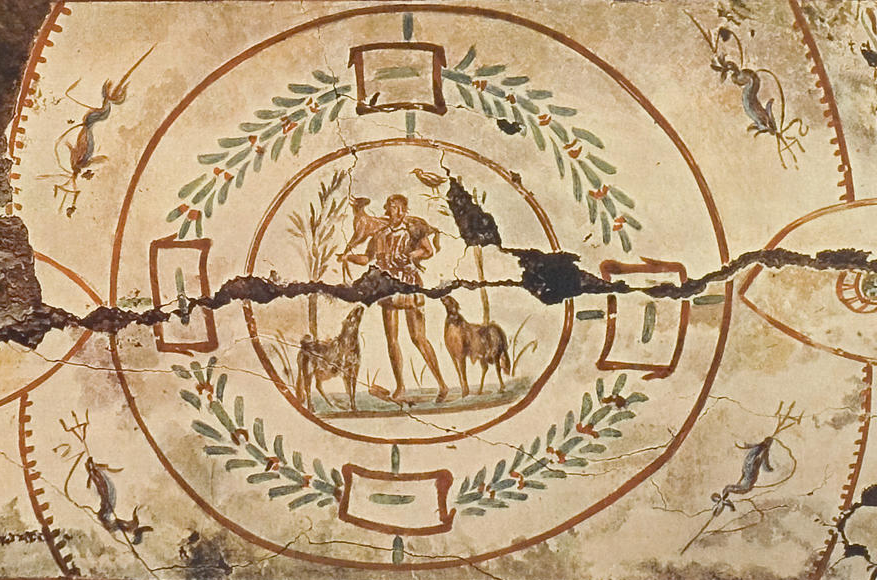
With the Lost Sheep and Lost Coin similes Jesus explained to his critics that he ate and drank with “sinners” because God rejoices when a person repents. God wants his friends—including Jesus and Jesus’ critics—to join him in the celebration.
Jesus and a Canaanite Woman

Does the story of a Canaanite woman’s encounter with Jesus, which is found in the Gospels of Mark and Matthew, show indications of having descended from a Hebrew source? Why did the author of Luke fail to include this story? Explore these questions and more in “Jesus and a Canaanite Woman.”
A Goy’s Guide to Ritual Purity

The concept of ritual purity is perhaps one of the most difficult concepts in the Bible for people to grasp today. Whereas in many “traditional” societies the concept of ritual purity was (and is) taken for granted in daily life, the whole framework for the concept of ritual purity is totally foreign to the secular western mindset.
Did women go through a mikveh (ritual immersion pool) after childbirth?

Scripture seems to say nothing about a woman washing herself either after childbirth or after her monthly period.
Divorce and Remarriage in Historical Perspective
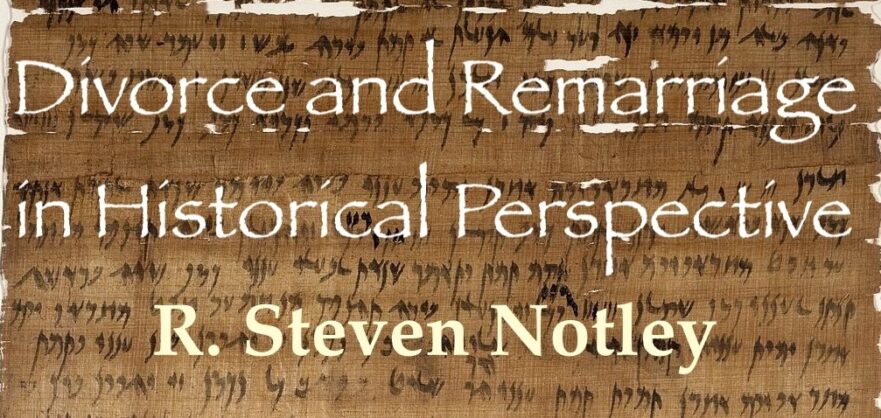
This study is dedicated to those who have suffered the agony of divorce. Tragically their pain has been compounded by well-meaning Christians who have distorted both the letter and the spirit of Jesus’ teaching concerning divorce and remarriage. For them, may this article bring a measure of healing.
Let Him Who Is Without Sin…

When the story of the woman caught in adultery (John 7:53-8:11) is read within the setting of the Second Temple period, it resonates with authentic attitudes and issues.
Were Women Segregated in the Ancient Synagogue?
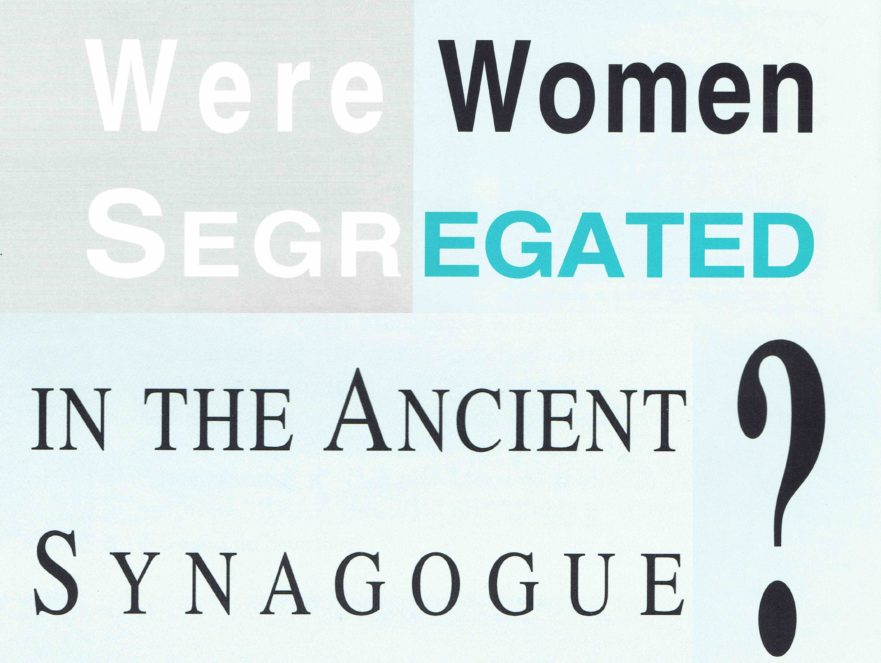
Did women play a passive role in the synagogue congregations of antiquity? Were they separated from male members of the congregation during prayer and study, as is the case today? According to Professor Shmuel Safrai, the answer to both questions is a resounding “No.”
I am depressed by the situation of Jewish women!

How did women express their spirituality? Did they have any power?
- Page 1 of 2
- 1
- 2

